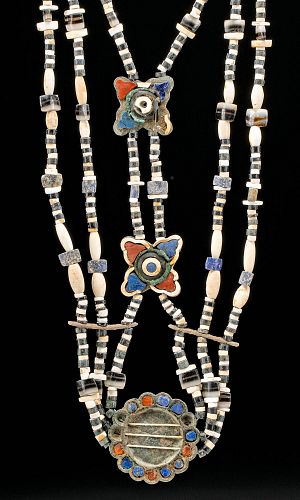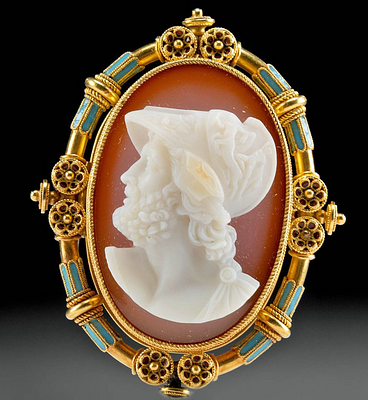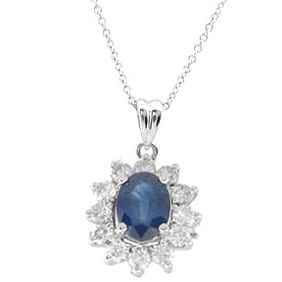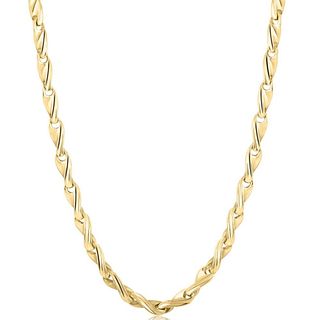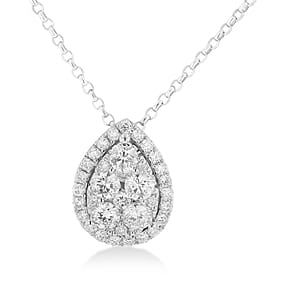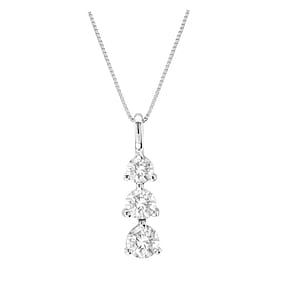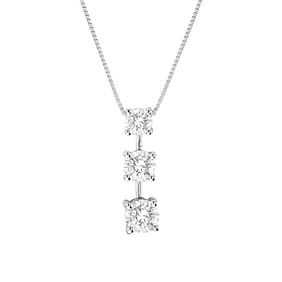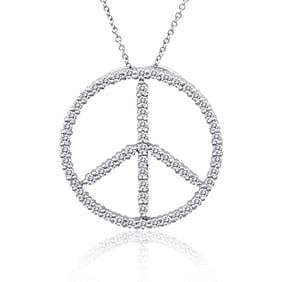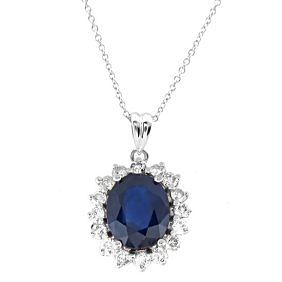Bactrian Stone & Shell Bead Necklace, ex-Christie's
Lot 30
About Seller
Artemis Fine Arts
686 S Taylor Ave, Ste 106
Louisville, CO 80027
United States
Selling antiquities, ancient and ethnographic art online since 1993, Artemis Gallery specializes in Classical Antiquities (Egyptian, Greek, Roman, Near Eastern), Asian, Pre-Columbian, African / Tribal / Oceanographic art. Our extensive inventory includes pottery, stone, metal, wood, glass and textil...Read more
Categories
Estimate:
$5,500 - $8,250
Absentee vs Live bid
Two ways to bid:
- Leave a max absentee bid and the platform will bid on your behalf up to your maximum bid during the live auction.
- Bid live during the auction and your bids will be submitted real-time to the auctioneer.
Bid Increments
| Price | Bid Increment |
|---|---|
| $0 | $25 |
| $300 | $50 |
| $1,000 | $100 |
| $2,000 | $250 |
| $5,000 | $500 |
| $10,000 | $1,000 |
| $20,000 | $2,500 |
| $50,000 | $5,000 |
| $100,000 | $10,000 |
| $200,000 | $20,000 |
About Auction
By Artemis Fine Arts
Dec 9, 2021
Set Reminder
2021-12-09 12:00:00
2021-12-09 12:00:00
America/New_York
Bidsquare
Bidsquare : All That Glitters | Ancient & Ethnographic
https://www.bidsquare.com/auctions/artemis-gallery/all-that-glitters-ancient-ethnographic-8000
Join us for a very special holiday auction featuring jewelry, glass, icons, coins, and so much more. Think silver, gold, and all things shiny. Perfect for holiday gift giving or for self-gifting. Artemis Fine Arts info@artemisgallery.com
Join us for a very special holiday auction featuring jewelry, glass, icons, coins, and so much more. Think silver, gold, and all things shiny. Perfect for holiday gift giving or for self-gifting. Artemis Fine Arts info@artemisgallery.com
- Lot Description
Central Asia, Bactria, ca. late 3rd millennium BCE. An incredible necklace made of ancient beads restrung in modern times to restore its ancient glory. Strung in three strands, it centers on a chlorite compartmental rosette bead, inlaid with lapis lazuli and carnelian. Above that, the strands are arranged with alternating black and white spacers, interspersed with banded agate and lapis lazuli tabloids, and shell barrels, joined by triple strand 80% silver spacers. The center features two quatrefoil compartmental chlorite pendants inlaid with lapis lazuli, calcite, carnelian, and copper. At the upper end of the necklace, the three strands join together at a pair of triangular shell terminals. Length of strand: 35" L (88.9 cm); size of rosette: 1.45" W (3.7 cm)
Provenance: ex-private Johnson collection, Houston, Texas, USA, acquired in 2013; ex-Christie's, New York "Ancient Jewelry" auction (sale 2771, December 13, 2013, lot 201); ex-Nefer Galerie, Zurich, Switzerland, late 1970s to early 1980s
All items legal to buy/sell under U.S. Statute covering cultural patrimony Code 2600, CHAPTER 14, and are guaranteed to be as described or your money back.
A Certificate of Authenticity will accompany all winning bids.
PLEASE NOTE: Due to recent increases of shipments being seized by Australian & German customs (even for items with pre-UNESCO provenance), we will no longer ship most antiquities and ancient Chinese art to Australia & Germany. For categories of items that are acceptable to ship to Australia or Germany, please contact us directly or work with your local customs brokerage firm.
Display stands not described as included/custom in the item description are for photography purposes only and will not be included with the item upon shipping.
#153561Beads are ancient, restrung with modern cord. Most of the beads are in very nice condition with light wear commensurate with age. The upper chlorite pendant has some losses as shown and has been repaired at its center. The large chlorite rosette is in good condition but is missing three of its inlays with some of the other inlays partially lost.Condition
- Shipping Info
-
All shipping is handled in-house for your convenience. Your invoice from Artemis Gallery will include shipping calculation instructions. If in doubt, please inquire BEFORE bidding for estimated shipping costs for individual items.
-
- Buyer's Premium



 EUR
EUR CAD
CAD AUD
AUD GBP
GBP MXN
MXN HKD
HKD CNY
CNY MYR
MYR SEK
SEK SGD
SGD CHF
CHF THB
THB